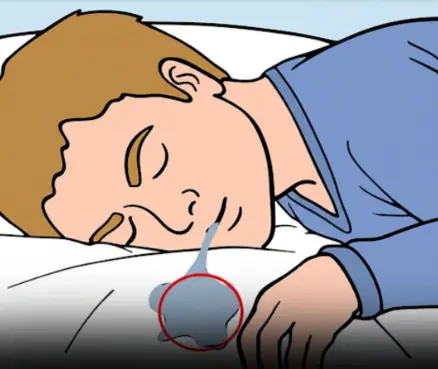
Big Belly Doesn’t Always Mean Fat: How to Distinguish Between Belly Fat and Liver Disease
Big Belly Doesn’t Always Mean Fat: How to Distinguish Between Belly Fat and Liver Disease
A protruding belly might not simply be the result of excess fat—it could signal liver disease, including liver cancer.
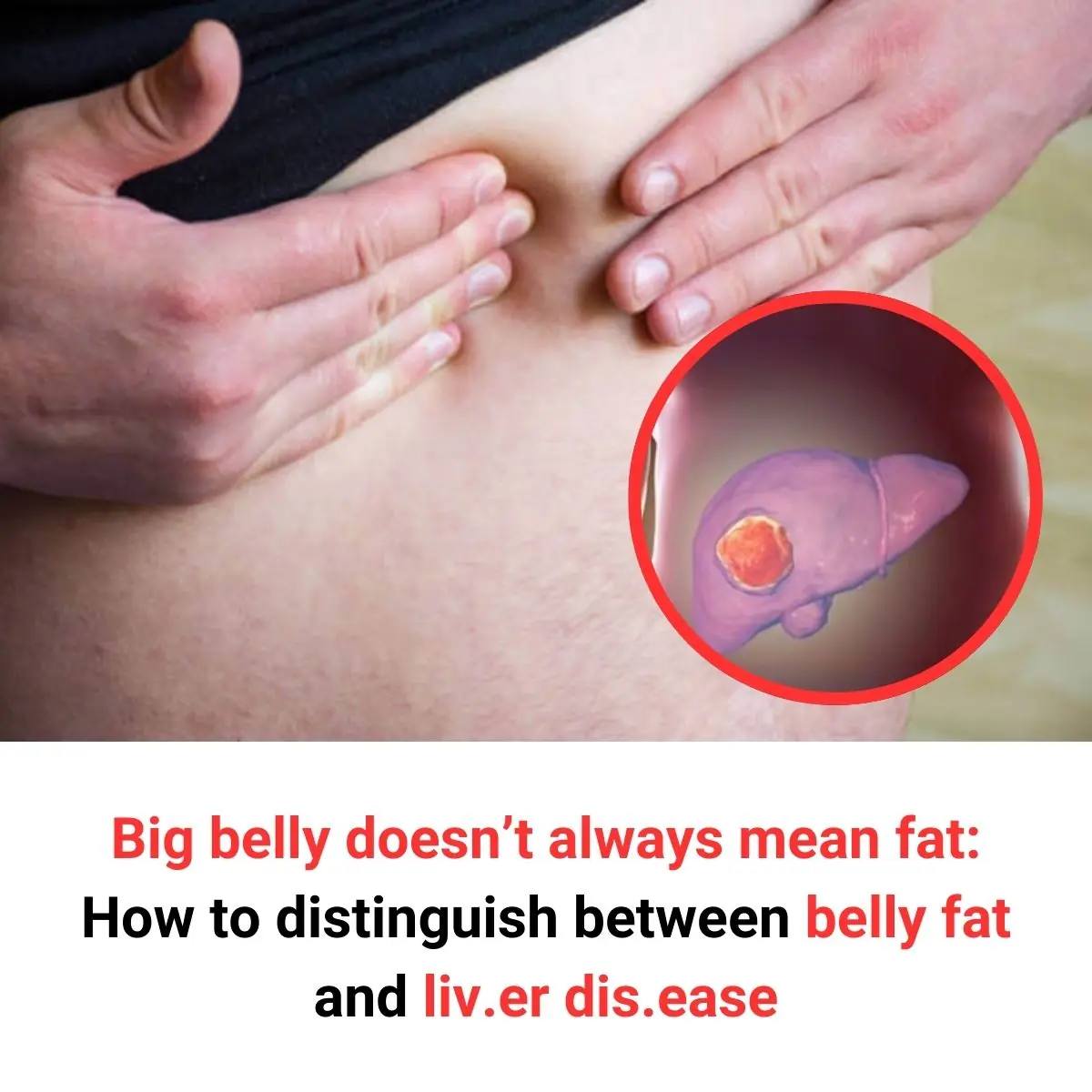
When a Big Belly Isn’t Just Fat
Abdominal obesity, often associated with metabolic conditions like diabetes, hypertension, and high cholesterol, is typically caused by excess fat. However, if your belly feels hard and tense to the touch, you might be experiencing ascites—fluid buildup in the abdominal cavity, often linked to liver diseases.
Dr. Jesada Bunyavongviroj, Deputy Director of Maharat Nakhon Ratchasima Hospital in Thailand, warns that ascites can sometimes indicate severe conditions such as liver cancer.
How to Distinguish Belly Fat from Ascites
-
Touch Test:
- Belly fat: Soft and pliable.
- Ascites: Firm, tense, and quickly rebounds when pressed.
-
Lie-Down Test:
- Belly fat: Spreads to the sides when lying down.
- Ascites: The abdomen remains distended in a dome-like shape.
-
Other Symptoms:
- Belly fat: Few unusual symptoms apart from weight gain.
- Ascites: Fatigue, swollen limbs, yellow skin/eyes, difficulty breathing, and sudden weight gain.
Key Symptoms of Ascites
- Enlarged, swollen abdomen
- Jaundice (yellow skin and eyes)
- Breathing difficulties, especially when lying flat
- Nausea, poor appetite, early satiety
- Fatigue and swollen extremities
- Rapid, unexplained weight gain
Ascites Beyond Liver Disease
Although liver disease (e.g., cirrhosis from alcohol abuse or viral hepatitis) is a primary cause, ascites can also stem from heart failure, kidney disease, thyroid dysfunction, or liver cancer.
Treatment and Prevention
Treatment varies depending on the cause:
- Liver-related ascites: Sodium and fluid restriction, diuretics, or liver transplant if necessary.
- Cancer-related ascites: Chemotherapy or fluid drainage.
- Heart or kidney issues: Addressing the underlying condition.
To maintain liver health and prevent ascites:
- Avoid or limit alcohol consumption
- Maintain a healthy weight with a balanced diet
- Get vaccinated against hepatitis
- Schedule regular health check-ups
- Consider supplements like vitamin E and choline to reduce liver fat
If you notice these symptoms, seek medical advice promptly—early detection can significantly impact treatment outcomes.
News in the same category

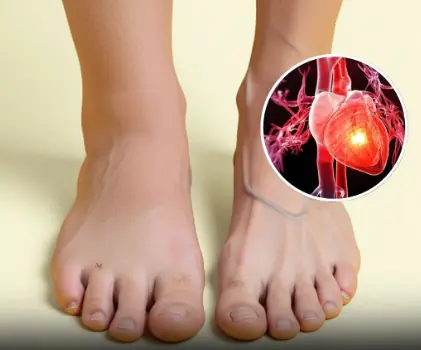
One Month Before A Heart Attack, Your Body Will Warn You Of These 7 Signs

5 foods you should never keep overnight

The Vegetable That Helps Reduce Sugar in The Body. It is Diabetes’ Strong Opponent

The World Is Buzzing About a Vegetable Said to Fight Can.cer Better Than Drugs

All The Things You Need to Know About Nighttime Urination And When To Start Worrying

A Sore Throat Checkup Revealed End-Stage Sto.mach Can.cer: An Angry Man Threw Two “Culprits” From His Kitchen Into the Street

You Should Never Ignore These 9 Things Your Fingernails Reveal About Your Health

A 6-year-old boy diagnosed with late-stage canc3r, his father regrets after doctors reveal the cause linked to a popular type of beverage
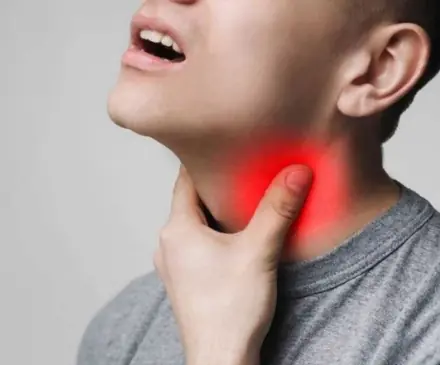
A 40-Year-Old Man Died from a Sore Throat After 7 Rounds of Chemotherapy – Doctors Urgently Warn

Str.oke is not just an adult dis.ease: A wake-up call for parents after a 6-year-old b.oy’s case

When Nighttime Leg Cramps Become a Concern

The Power of Gyan Mudra: Benefits and How to Practice It

6 Nighttime Warning Signs That Reveal a High St.ro.ke Ri.sk After 40
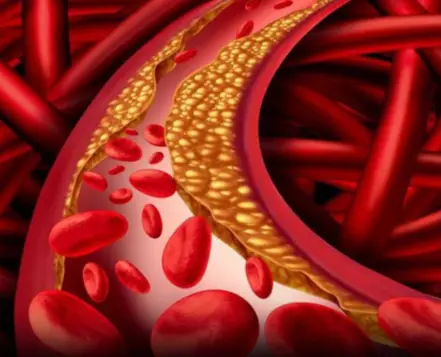
36-Year-Old Teacher Passes Away from Diabetes Despite Not Liking Sweets — Doctor Says It's Due to 4 Favorite Foods
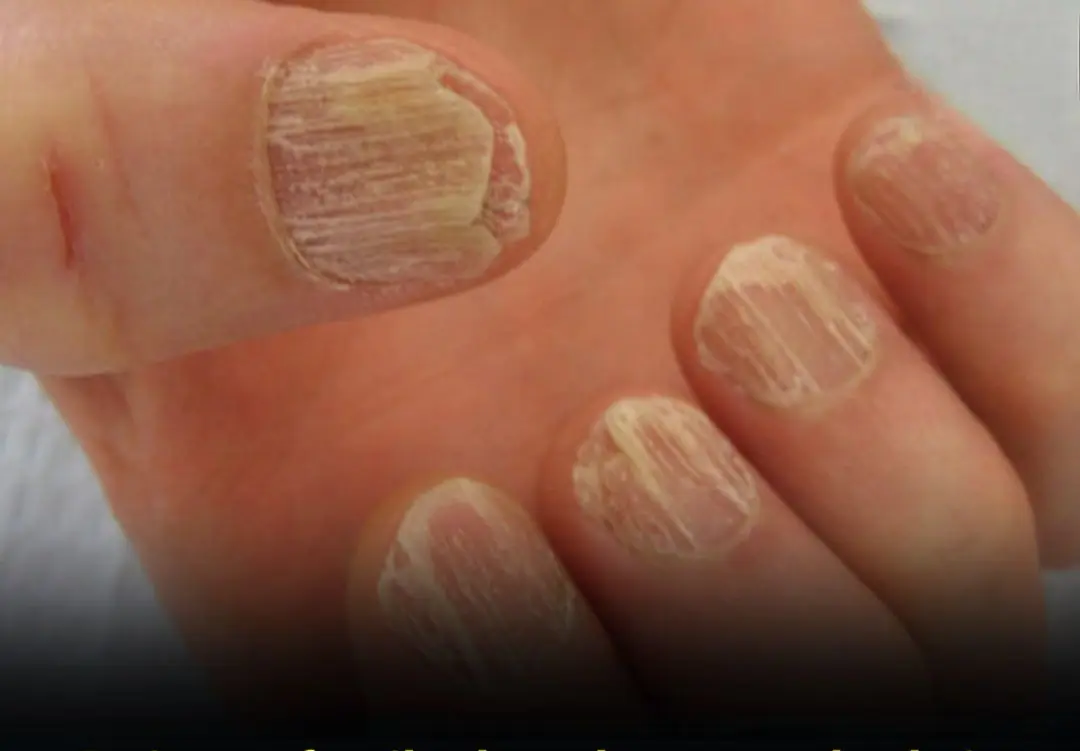
9 Alarming Nail Changes That Reveal Hidden Health Problems
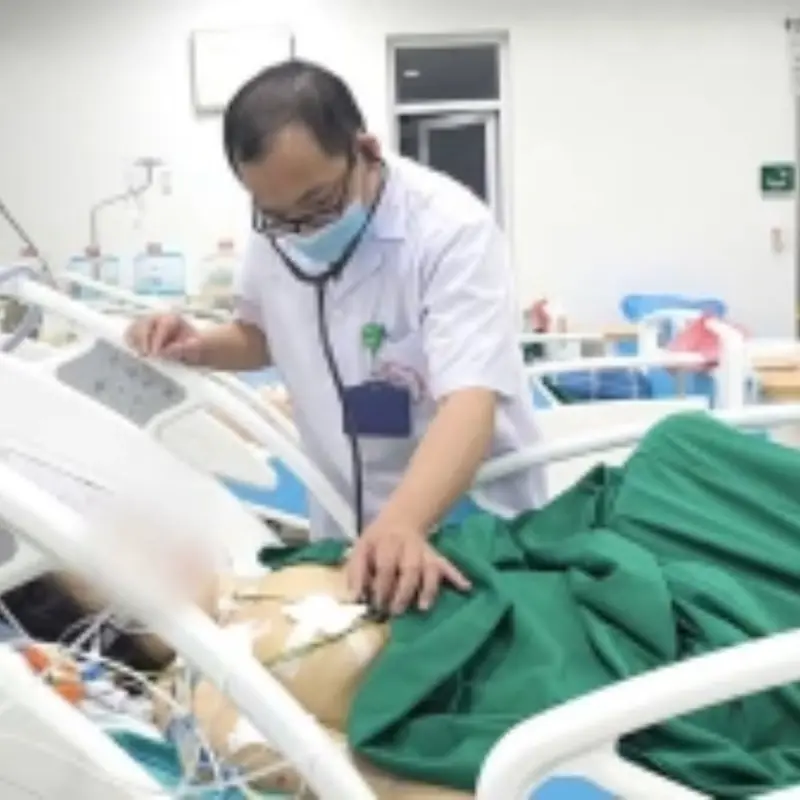
Doctors Warn After Young Man Contracts Multiple Para.sites From a Common Food
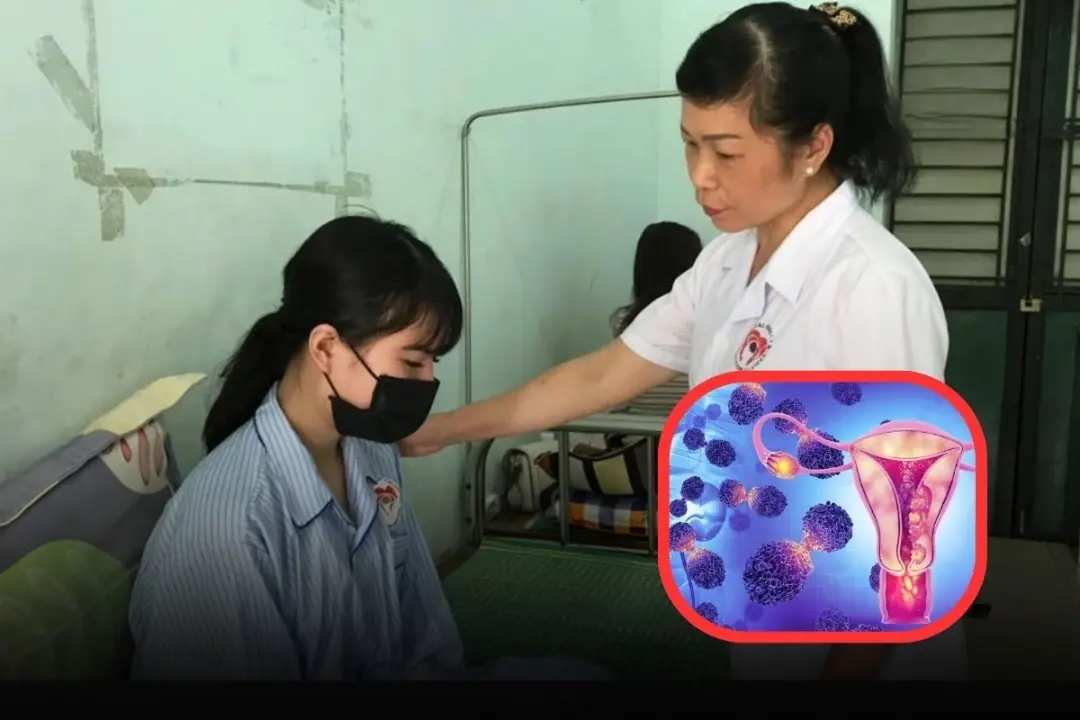
Behind a rare disease at the prime of her youth lies a harmful daily habit — one that many of us may also have.
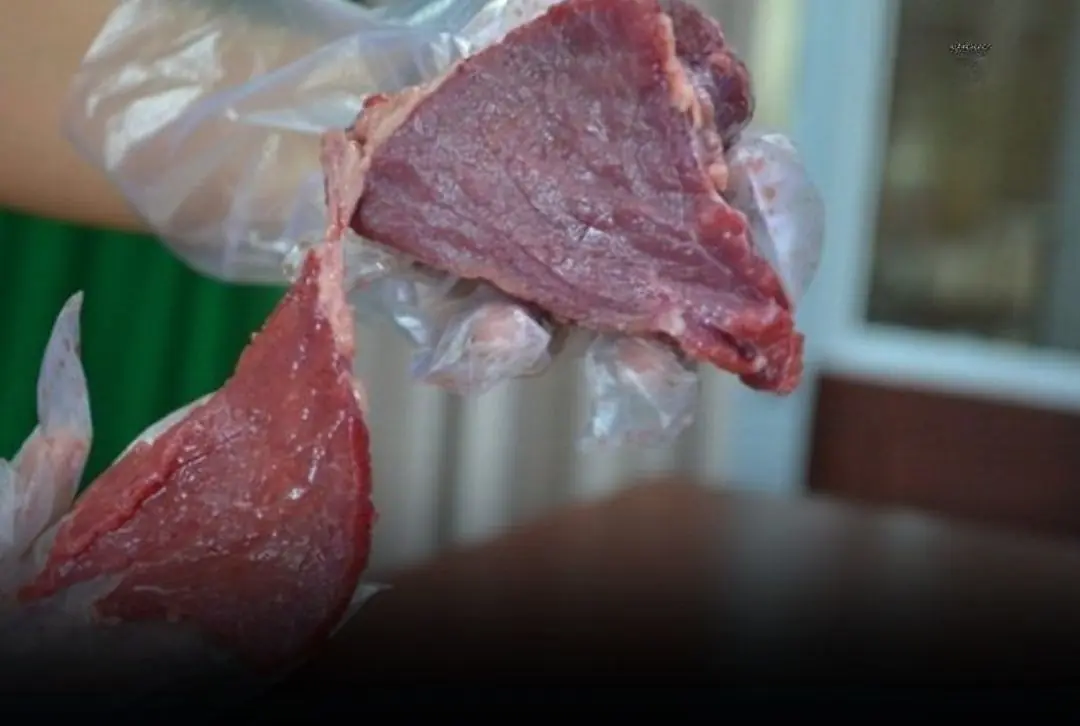
Spot Beef With These 3 Red Flags — Don’t Be Tempted by Low Prices or You Could Be Buying Trouble
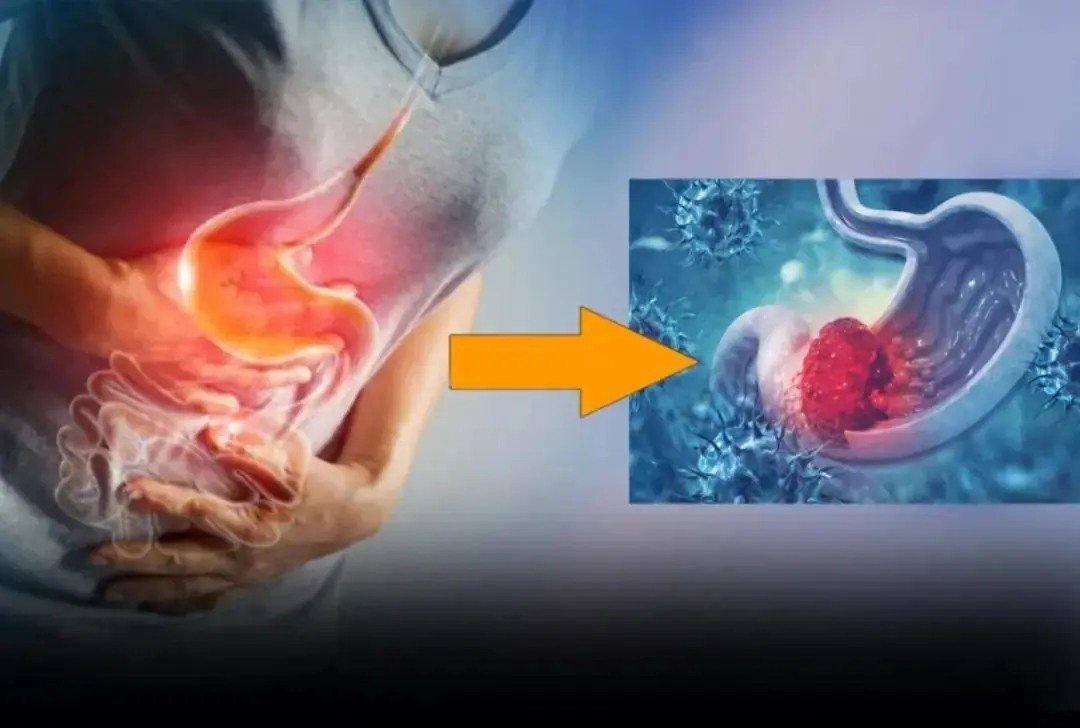
Sto.mach can.cer is a disease that takes the lives of many people around the world.
News Post

Mixed Grilled Steak Platter with Sauces

If you drool while sleeping often, check for these 6 diseases

One Month Before A Heart Attack, Your Body Will Warn You Of These 7 Signs

5 foods you should never keep overnight

The Vegetable That Helps Reduce Sugar in The Body. It is Diabetes’ Strong Opponent

The World Is Buzzing About a Vegetable Said to Fight Can.cer Better Than Drugs

All The Things You Need to Know About Nighttime Urination And When To Start Worrying

A Sore Throat Checkup Revealed End-Stage Sto.mach Can.cer: An Angry Man Threw Two “Culprits” From His Kitchen Into the Street

You Should Never Ignore These 9 Things Your Fingernails Reveal About Your Health

A 6-year-old boy diagnosed with late-stage canc3r, his father regrets after doctors reveal the cause linked to a popular type of beverage

A 40-Year-Old Man Died from a Sore Throat After 7 Rounds of Chemotherapy – Doctors Urgently Warn

Str.oke is not just an adult dis.ease: A wake-up call for parents after a 6-year-old b.oy’s case

When Nighttime Leg Cramps Become a Concern

The Power of Gyan Mudra: Benefits and How to Practice It

Little-known benefits of placing lemon with salt in the room

6 Nighttime Warning Signs That Reveal a High St.ro.ke Ri.sk After 40

36-Year-Old Teacher Passes Away from Diabetes Despite Not Liking Sweets — Doctor Says It's Due to 4 Favorite Foods

9 Alarming Nail Changes That Reveal Hidden Health Problems

Doctors Warn After Young Man Contracts Multiple Para.sites From a Common Food
